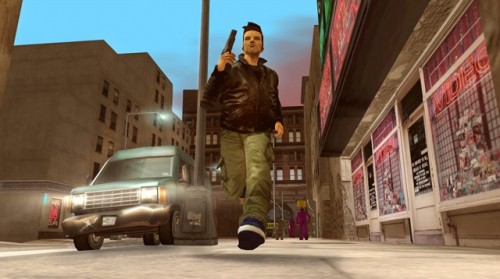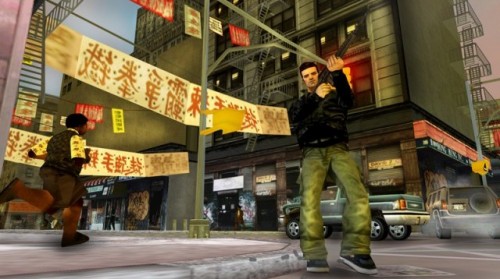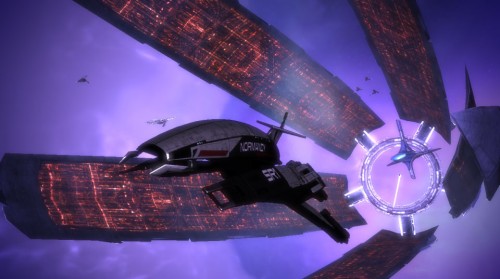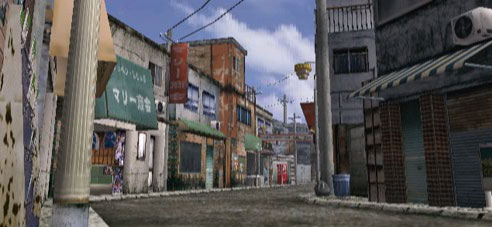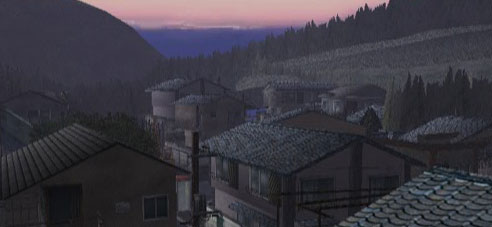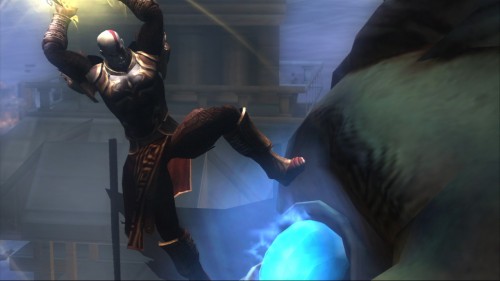Oh, for the good old days when I could just buy the DVD and know that it would work on my multiregion player…
The biggest thing that still hurts about the death of HD DVD has to be the fact that the market collectively eschewed a format that completely did away with the ubiquitous region codes of DVD. Thankfully it’s less of an issue on Blu-ray, but it’s still annoying that faithful UK film fans have to miss out on stuff like the Criterion Collection or are just now getting films that came out Stateside in November. I’ve got around it by combining a UK region B standalone player with my US PS3, but it was far from ideal, and coupled with some issues with my Samsung, I dove in to see what multiregion options we’ve got.
Given the more stringent licensing terms on Blu-ray, the current state of multiregion BD is a bit messy, either involving hardware mods or questionable firmware, and none are as simple as a multiregion DVD player. If you’re like me, with a large collection of films from all regions, it’s quickly apparent how spoilt you can become with that situation, not having to think about it at all when dropping a disc into the player.
I ultimately went for a modded Oppo BDP-80, which is a slightly cut-down version of the BDP-83 – generally considered one of the best Blu-ray players on the market.

The mod makes it completely region-free for DVD playback, and switching the Blu-ray region is as simple as putting it into standby, holding down the blue button on the remote, and pressing 1, 2 or 3 to flick between regions A-C. The majority of my BDs aren’t region coded and out of those that are, it’s about an 80/20 split in favour of region A, so I leave it set to A and flick it over before I go to watch a disc that’s locked to B. Again, not ideal, but it works and it works well, and it’s likely to be the best we’ll get until the budget Asian manufacturers start making multiregion players.
From what I’ve seen so far, I’m extremely impressed with its performance. It’s fast – this review of the 83 puts it on top of the PS3 in every test there, easily fitting my criteria of performing like a DVD player – and the picture is excellent, with lots of lovely options to fiddle with, and I particularly liked the ability to access the setup menu without quitting playback. I’ve left it on the defaults as far as picture tweaks go and it looks lovely, with some of my favourite demo discs – Apocalypto and Cars remain my go-tos – really shining.
Upscaling performance was something that concerned me, with the Oppo website recommending the 80 for “small or medium display screens”, but after being assured that my 42″ TV fell into that category – apparently you need to be in the 60″ and upwards bracket to qualify as a large screen these days – and testing it, my impressions are favourable. I’d put it ahead of my trusty old Pioneer DV-400V, which may now actually be retired given that its multiregion functionality has been matched. Oppo has quite a reputation for the quality of its upscaling – its first player, the OPDV971H, famously came out for $199 and proceeded to outperform a $3,500 Denon in objective tests – and this would seem to extend to efforts without the high-end hardware. I’d be interested to check out the 83 for myself, because I can only see so much that you can do with the limitations of DVD and would love to be proven wrong there.
So, then, it is possible to find a multiregion Blu-ray player, from the very good to the lower end, and the £50-odd premium on stock models is, in my opinion, worth it. I’m back to the good old days of DVD buying, getting new releases early and uncut from the States while simultaneously taking my pick from the cheap deals for UK catalogue titles that are available online. Now, if only somewhere had a version of Gladiator that wasn’t shit…


